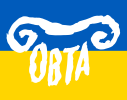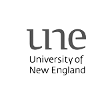ACCLAIM Interviews: Dr Sarah Hardstaff
Hello everyone, I am Adam Soyler. I am a student at Roehampton University studying history. One of my modules required me to find a work placement. While looking for a placement I came across the Autism and Classical myth programme which uses classical mythology to help and stimulate autistic children in line with the Our Mythical Childhood project and the ACCLAIM Network. The project offered me a work placement and one of my tasks was to interview members of the Network. I hope you enjoy the questions and answers that were produced!!!!
In April 2021 I interviewed Sarah Hardstaff who has recently completed a PhD at the University of Cambridge, specialising in children’s literature and the works of Mildred Taylor and Cynthia Voigt.
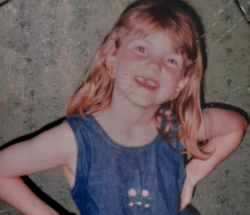
Dr Sarah Hardstaff
Hello, Sarah my first question is: What makes Mythical Childhood interesting for you?
I’m a researcher in children’s literature, not a classicist, so for me it’s very interesting to revisit myths that I remember mainly from my own childhood reading! The myths we choose to keep telling, and the way we retell them, seem to reveal so much about our own society today.
What interests you about autism?
I first started learning more about autism when my best friend’s younger brother was diagnosed around 15 years ago, and I felt very connected to what I learned. This led me to spend several years working in autism support roles with autistic young people and adults as well as taking an Open University module in autism studies.
And then through a much slower process of thinking and talking to others about my outlook, my childhood and my experiences, I have more recently started to think of myself as autistic too.
What type of questions did you ask in your entries for the Our Mythical Childhood Survey?
I’ve written several entries for the Survey now, all focused on children’s and young adult books, and there are several common themes that have come up.
One is the use of mythically inspired character names, which are really fun to spot and can give you a lot of extra information about a character. Mythically inspired names of constellations and stars also appear a lot. I had not realised how much time characters in young adult books spend star gazing, but it is something I remember doing a lot as a teenager.
I am also interested in questions about inclusion: what can the use of certain myths tell us about topics like inequality, race, class, gender, disability and neurodiversity? The entry I’m working on at the moment is for an amazing new children’s book called Show Us Who You Are by Elle McNicoll, which uses the Persephone myth to deal with questions about death and artificial intelligence, and the main character is autistic, as is the author.
How was your time at Cambridge? What were the things that you enjoyed?
I’m not sure I ever really fit in at Cambridge, and I feel there is a struggle between some really dedicated people who want to make the university a less daunting, more accessible place, and those who seem to want to put up more walls around the ivory tower. But I absolutely loved having the opportunity to spend so long researching and writing topics just because I thought they were interesting. I love walking around Homerton College, although sadly I haven’t been since last March because of the pandemic. And I really enjoy supervising students, especially when we’re looking at histories of childhood and education.
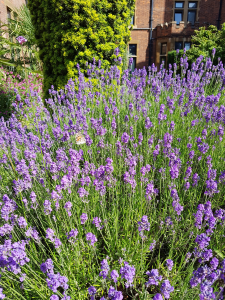
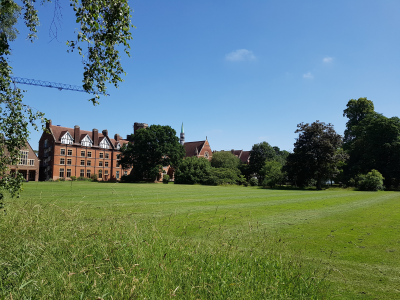
Homerton College grounds photographed by Sarah the day before her PhD viva in 2019
What type of work do you do that support the people/children that have autism?
I don’t work in autism support anymore, but when I did, my work was mostly in providing social and leisure support – so running youth clubs for autistic people, cookery classes, day trips and short breaks.
I was involved in advocacy work too, for example, making sure that autistic people were given the opportunity to contribute to Greater Manchester’s Hate Crime consultation at the time.
Were there any challenges or obstacles you had to overcome when you completed your PhD?
This is a bit of a politician’s answer, but I believe PhD researchers should be treated as employees of a university, with a proper line management structure and full employment rights. Otherwise students, many of whom have relocated, started families, put careers on hold, etc., are simply at the whim of individual people in positions of power.
What topics did you do for your PhD and your masters?
For my Masters I wrote about food in children’s literature: specifically, I looked at examples in fiction of children stealing food due to food insecurity. The title was “Poachers and Scavengers” which is still my favourite title of anything I’ve written, and the first conference I ever presented at was called “Feast and Famine” and took place at Roehampton.
For my PhD, I broadened the topic out and looked at representations of the economy – so still including food, but also money, property, consumption, exchange and waste. I focused on the novels of two American writers, Mildred D. Taylor and Cynthia Voigt, and looked at the ways in which their characters took part in the economy, and how race and class influenced this.
Has Covid affected your studies or your job at all? And if has, how has it affected it?
I finished the corrections for my PhD just before Covid, so it hasn’t affected my studies but it has definitely affected the academic job market, which was already very difficult prior to Covid. It’s frustrating because I know I would have been a great professor! Maybe things will change.
Now you have completed your PhD what are your plans for the future
I have got a couple of projects ongoing in children’s literature studies: for example, I am co-editing an anthology of essays on Mildred Taylor’s work along with scholars Michelle Martin and Tammy Mielke.
I have also started working on an individual project looking at football in children’s literature, especially looking at those questions of inclusion I mentioned before. This is on top of working outside academia in my day job and the negative impact of the pandemic on my energy levels, so progress is slow but hopefully steady!
I would also love to finish writing a book for children that I started about 10 years ago and put away in a drawer. It’s set in Manchester in the 1840s and is centred on a group of child characters who today we would call neurodivergent – at the moment there aren’t any mythic elements in there that I know of, but maybe I’ll add some in.
Thanks for your time, Sarah, it’s been a pleasure!




